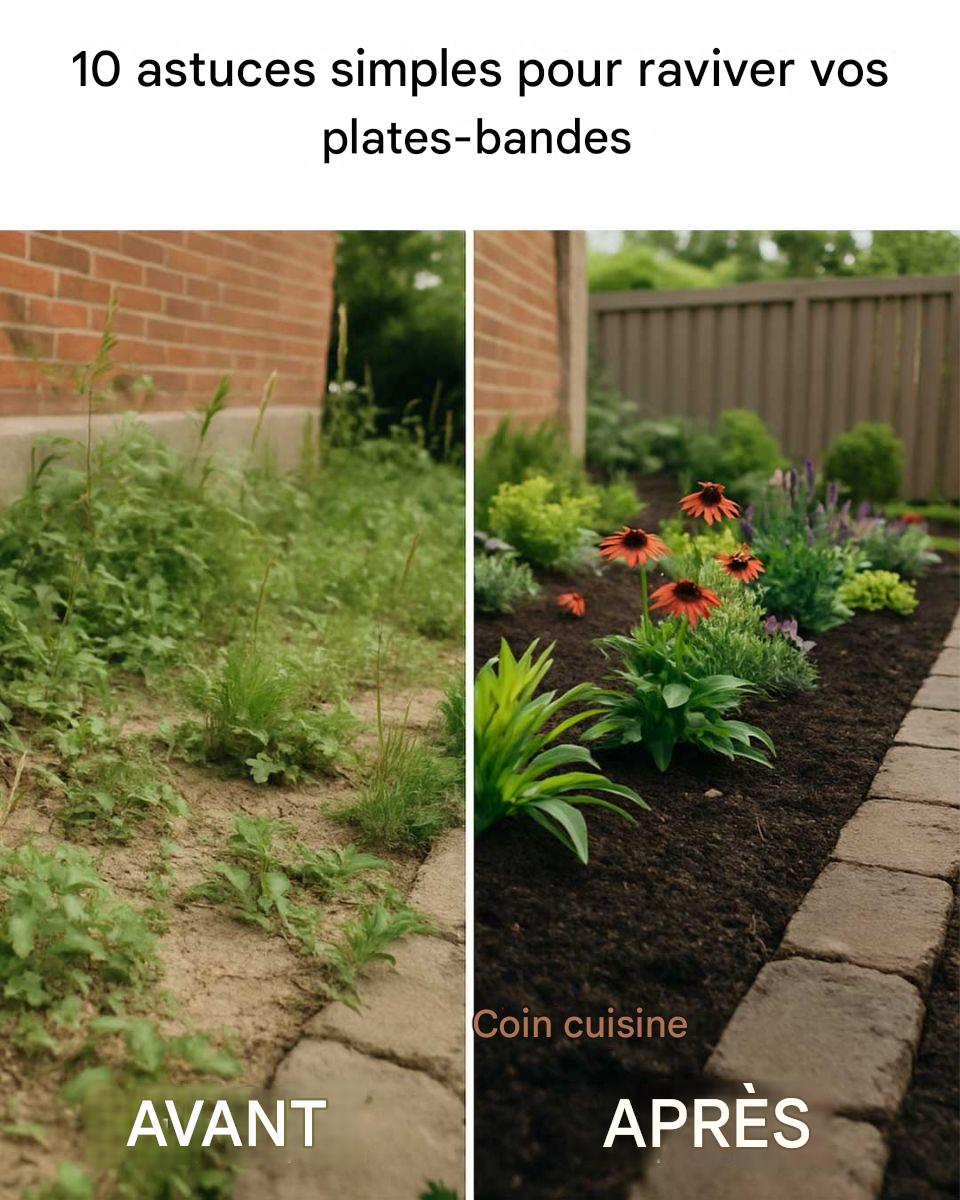Coffee grounds are an excellent source of nitrogen, making them a great addition to your garden as a natural fertilizer. Sprinkle used coffee grounds around the base of your plants, mixing them into the top layer of soil. This not only enriches the soil with nutrients but also improves its texture and drainage.
Be cautious not to overdo it; a thin layer of coffee grounds is sufficient. Too much can create a barrier that prevents water from reaching the roots. Additionally, coffee grounds can help deter pests like slugs and snails, providing a dual benefit for your garden.
4. Introduce Companion Planting
Companion planting involves growing certain plants together to enhance growth, deter pests, and improve yields. For example, planting marigolds alongside tomatoes can help repel nematodes, while basil can improve the flavor of tomatoes and deter flies.
Research compatible plant pairings and consider the specific needs of each plant, such as sunlight and water requirements. By strategically placing plants that benefit each other, you can create a more harmonious and productive garden ecosystem.
5. Implement Mulching Techniques
Mulching is a simple yet effective way to conserve moisture, suppress weeds, and regulate soil temperature. Apply a 2-3 inch layer of organic mulch, such as shredded leaves, straw, or wood chips, around your plants. This layer acts as a protective barrier, reducing evaporation and keeping the soil cool.
As the mulch breaks down, it also adds valuable organic matter to the soil, improving its fertility and structure. Be sure to keep mulch a few inches away from plant stems to prevent rot and pest infestations.
6. Utilize Epsom Salt for Plant Growth
Epsom salt, or magnesium sulfate, is a natural mineral that can boost plant growth by providing essential nutrients. Dissolve 1 tablespoon of Epsom salt in a gallon of water and use it to water your plants once a month. This solution is particularly beneficial for tomatoes, peppers, and roses, which require higher magnesium levels.
In addition to promoting lush foliage and vibrant blooms, Epsom salt can help prevent common nutrient deficiencies, such as yellowing leaves. However, it’s important to use it sparingly, as excessive magnesium can lead to nutrient imbalances.

10 astuces simples pour redonner vie à vos massifs de jardin
voir la suite à la page suivante
Pages : 1 2